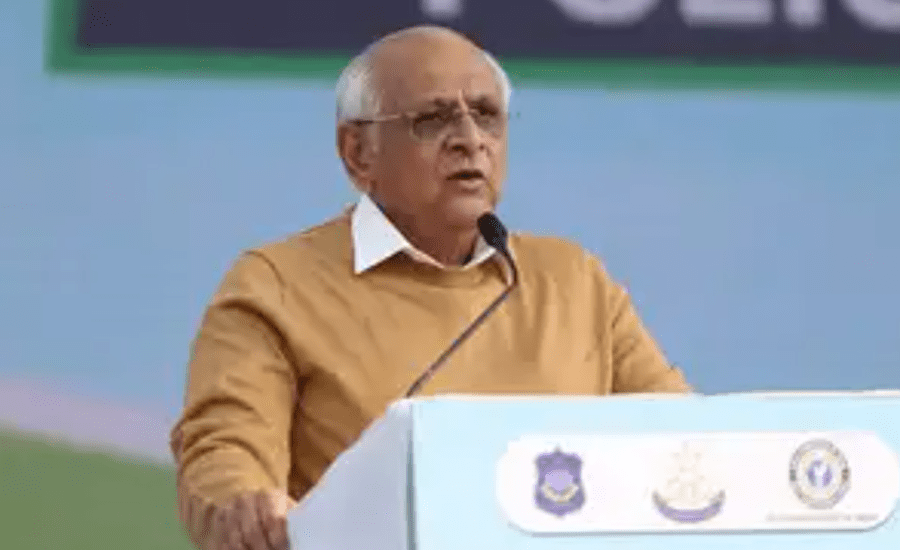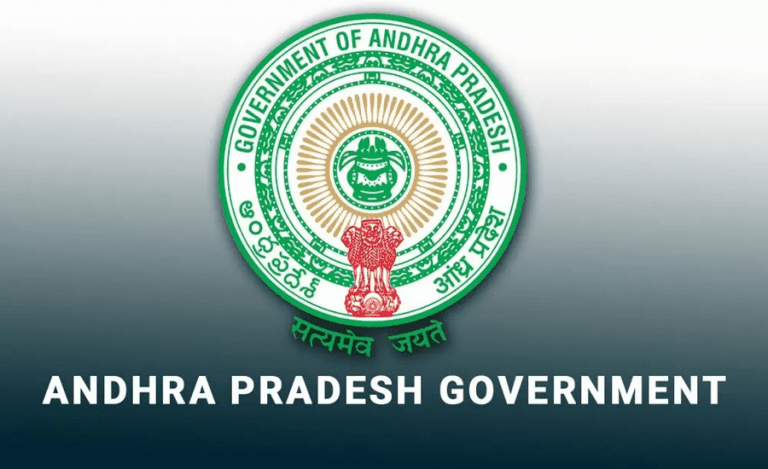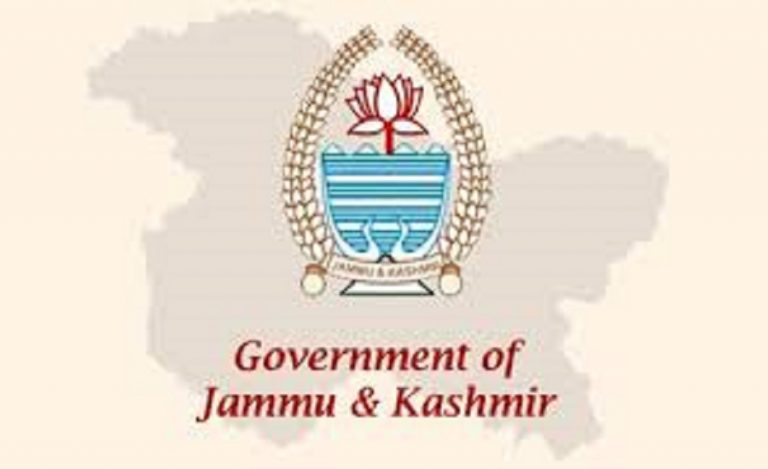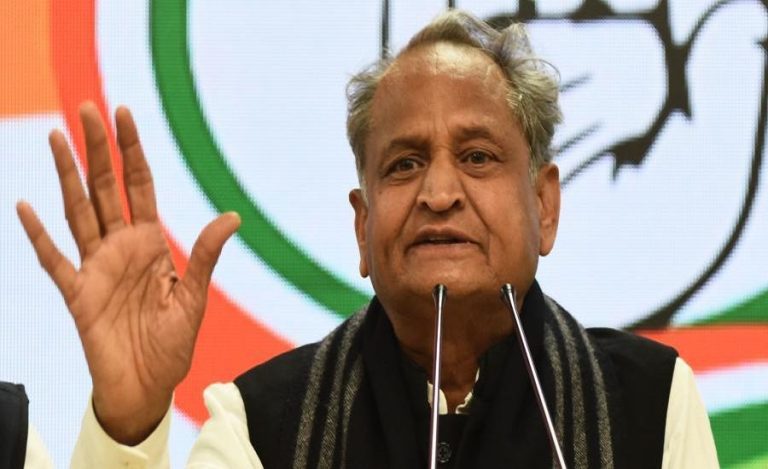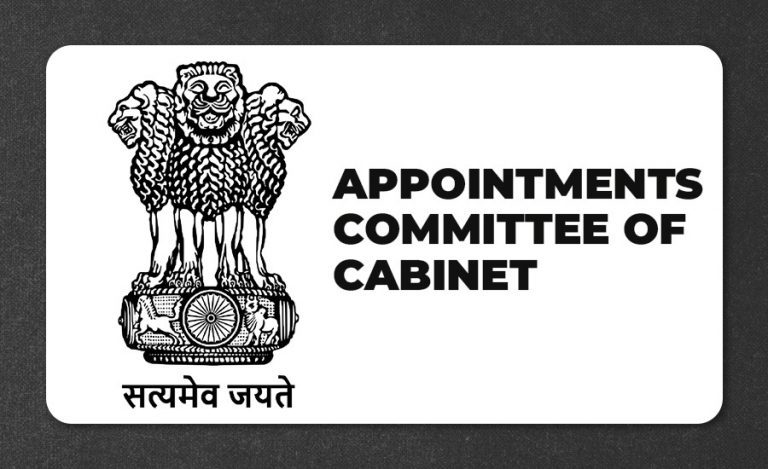Gandhinagar: In a significant move to support farmers affected by recent unseasonal rainfall, Gujarat Chief Minister Bhupendra Patel announced a massive relief package worth ₹10,000 crore. The announcement comes after widespread crop damage in several districts, leaving thousands of farmers facing severe financial stress.
Addressing the situation on social media on Friday, CM Patel described the recent rainfall as “the most extraordinary in the past two decades” and emphasized the government’s commitment to stand by the state’s farmers in this time of distress.
Direct Engagement with Farmers
The Chief Minister revealed that he, along with key cabinet ministers, visited multiple districts to meet farmers directly and assess the extent of crop losses. “In this hour of natural calamity, the state government stands with farmers with complete empathy and dedication,” he said. CM Patel further highlighted that the ₹10,000 crore relief package was formulated after careful consideration of the farmers’ hardships to ensure immediate financial support.
Economic Support Through MSP Purchases
In addition to direct financial aid, CM Patel announced that the government will begin the purchase of crops like groundnut, moong, urad, and soybean at Minimum Support Price (MSP) starting from November 9. Under this scheme, crops worth more than ₹15,000 crore are expected to be procured, providing substantial economic relief to farmers and stabilizing their incomes.
Government Commitment to Farmer Welfare
Emphasizing the government’s unwavering support, CM Patel stated, “The state government has always been committed to the economic prosperity and well-being of our farmers, and we will continue to stand by them.” He assured that every affected farmer will receive the relief without delay and that the government is taking all necessary measures to ensure no farmer is left behind.
A Step Towards Sustainable Farmer Prosperity
This relief initiative, combining both direct financial aid and MSP-based procurement, reflects the Gujarat government’s focus on sustainable agricultural support and farmer welfare. With both immediate and long-term interventions, the state aims to mitigate the impact of climate-related challenges and strengthen the resilience of its farming community.

